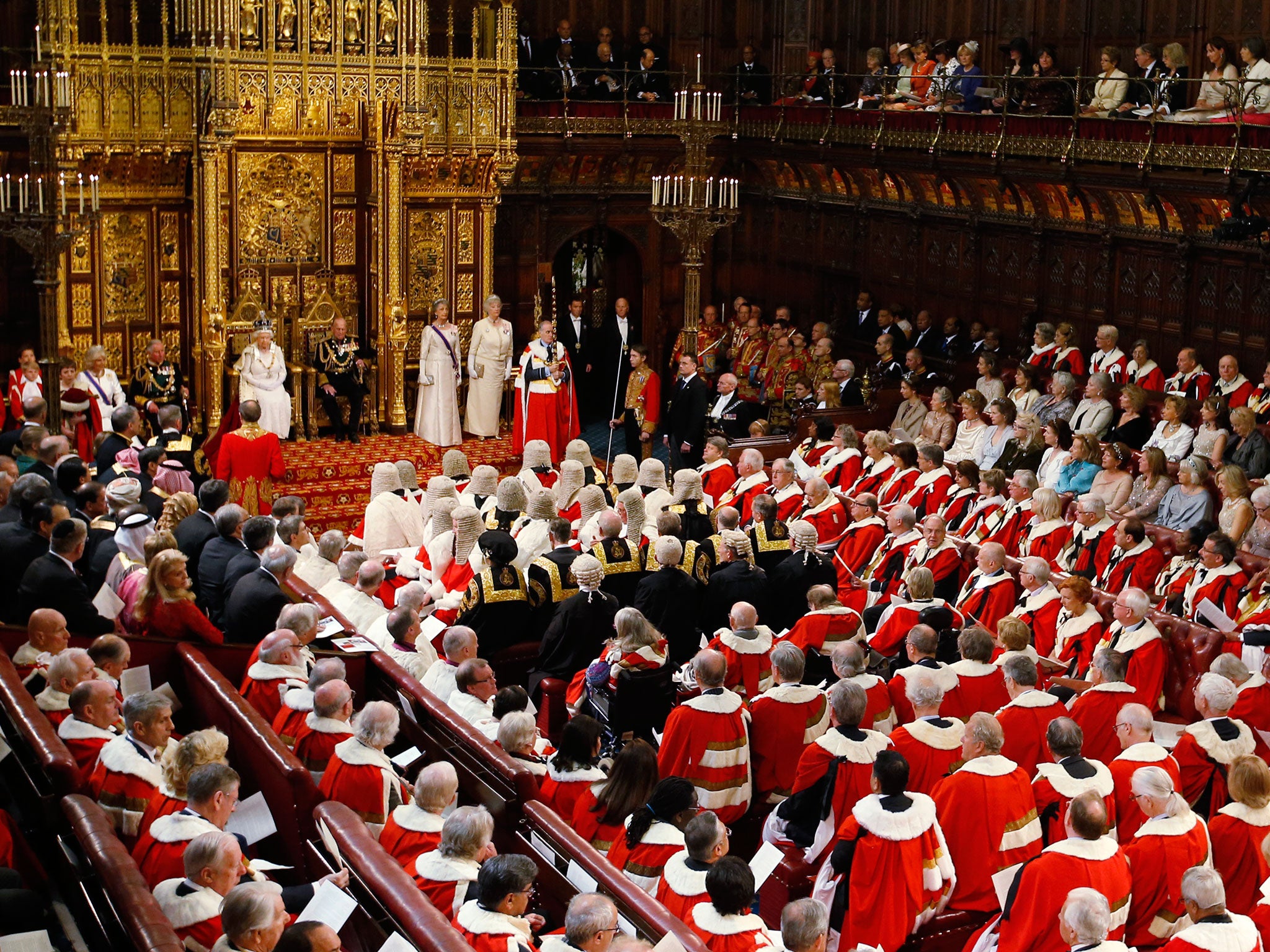Tax credit cuts: Labour and Lib Dems split on how to stop Conservatives
Labour is worried about the consequences of allowing the House of Lords to overstep its bounds

Labour and the Liberal Democrats are split on how to halt the Government’s tax credit cuts in the House of Lords as a vote looms today.
Peers will be voting on a series of motions on Monday, with the Liberal Democrats having tabled a motion to completely stop the statutory instrument that implements the cuts.
But Labour says passing such a “fatal” motion would allow the Conservatives to claim the House of Lords was over-stepping its bounds – because unelected peers do not normally block financial measures decided by the elected House of Commons.
The main opposition party has instead put forward a motion to delay the cuts by three years, which it says the Conservatives could not object to on constitutional grounds.
“We will not be falling into the trap of allowing the Tories to present this as some kind of unfair use of the House of Lords,” Labour’s shadow DWP secretary Owen Smith told BBC Radio 4’s Today programme.
“In the House of Commons, where these things are properly decided, we will be voting against it tomorrow.
“It’s grandstanding by the Liberal Democrats desperately trying to make themselves relevant to this debate – the debate led by Labour over the last few weeks.”
Liberal Democrat leader Tim Farron described Labour's concerns as "political nonsense" and said the party should support its fatal motion. Mr Farron said his party would also support Labour's motion.
The Conservatives do not have a majority in the House of Lords. Some Tories have suggested that David Cameron should create a hundreds of new peers to allow the party to win any vote there.
Labour fears that using the House of Lords to completely block the cuts would simply cause the Government to take this course of action.
Both the Labour and Liberal Democrat parties agree the cuts need to be stopped, however.
Some Conservatives have also voiced opposition to the policy, amid studies showing the huge poverty impact the policy will have.
Education Secretary Nicky Morgan said at the weekend that the Chancellor was listening to concerns about the policy, hinting that he could soften its impact.
Labour's John McDonnell meanwhile pledged not to make political capital out of any U-turn if one occured.
A study by the Resolution Foundation think-tank found that 200,000 children would slide into poverty immediately after the tax credit cuts went ahead, while the Institute for Fiscal Studies determined that a concurrent rise in the minimum wage could come “nowhere near” compensating those hits.
Mr Cameron said last week he was “delighted” that the cuts had been passed by Conservative MPs in the House of Commons.
George Osborne said earlier this month that people on low incomes would suffer if their tax credit cuts did not go ahead.
“Working people of this country want economic security, the worst possible thing you can do for those families is bust the public finances, have some welfare system this country can’t afford,” he told BBC Radio 4’s Today programme.
“That includes a tax credit bill that’s gone up from the £1bn when it was introduced to the £30bn today.”
David Cameron has also ruled out a U-turn on the policy.
Public opposition to the policy appears to be hardening, with a ComRes poll for the Independent On Sunday suggesting that 43 per cent disagree that the cuts are needed – compared to 34 per cent who do.
Join our commenting forum
Join thought-provoking conversations, follow other Independent readers and see their replies
Comments
Bookmark popover
Removed from bookmarks